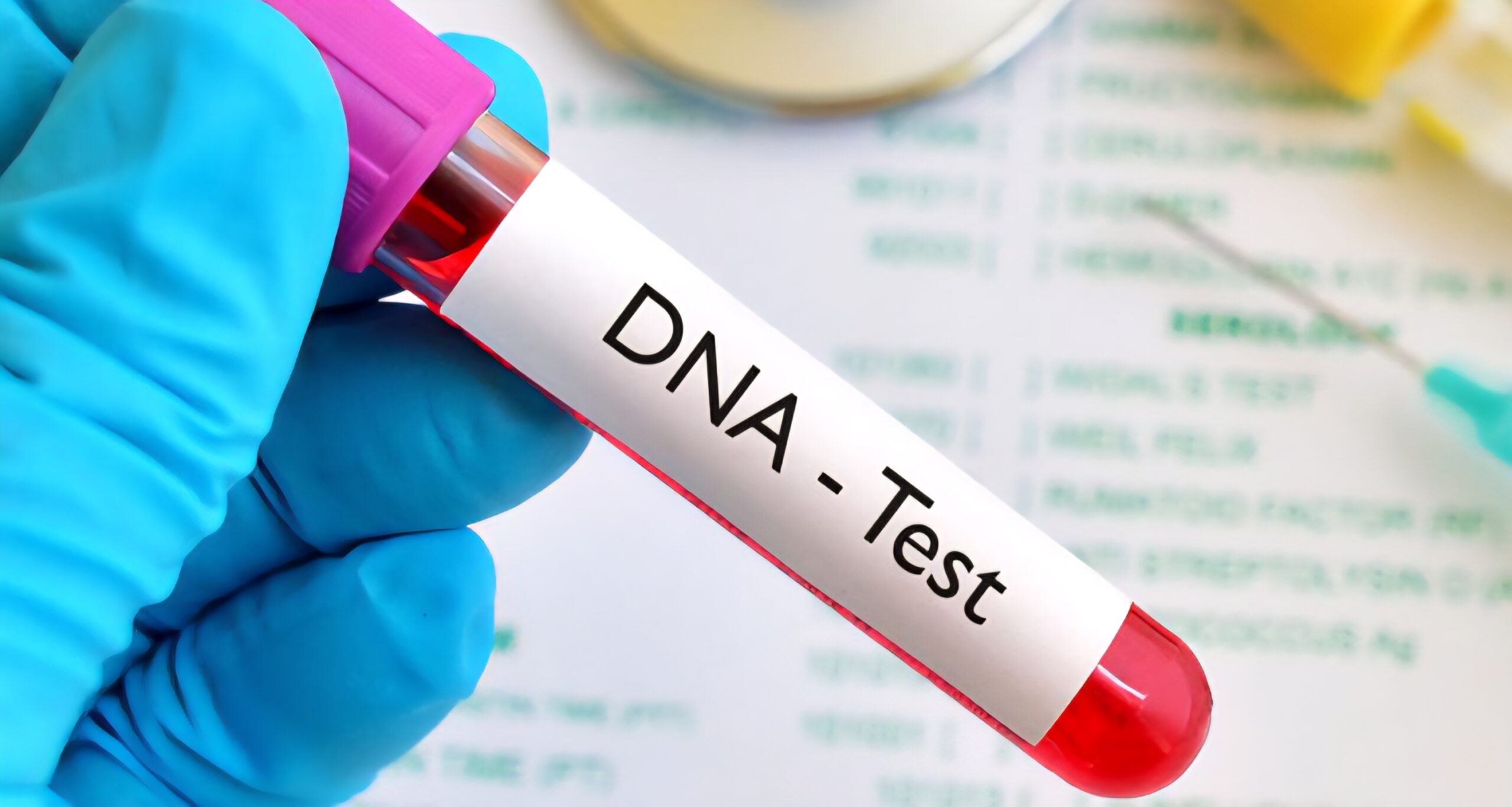Now Reading: Nationwide Increase In Paternity Fraud Cases
-
01
Nationwide Increase In Paternity Fraud Cases
Nationwide Increase In Paternity Fraud Cases

ν Reports show 1 in 4 children likely to fail DNA test
By Doris Obinna
A new study has revealed that paternity issues remain widespread in the country, with one in four tests excluding the presumed father as the biological parent.
The study by Smart DNA Nigeria covering data from July 2024 to June 2025 found that 25 percent of paternity tests returned negative results, only a slight drop from 27 percent in 2024.
Firstborn children were the most likely to yield exclusions, with firstborn sons topping the list at 64 percent. Smart DNA said the trend raises troubling questions about family structures, trust, and social stability in urban Nigeria.
Alongside domestic disputes, the report revealed a surge in immigration-related DNA testing, which accounted for 13.1 percent of all tests during the period. The spike is linked to Nigeria’s ongoing “Japa” movement, as more families pursue foreign citizenship and documentation for children relocating abroad.
The data also showed sharp gender and age divides in testing patterns. Men initiated 88.2 percent of all tests, often driven by long-standing doubts while women accounted for just 11.8 percent.
Nearly half of all tests were ordered by men aged 41 and above, reflecting the influence of financial stability on decision-making. Meanwhile, most tests involved children aged zero to five suggesting parents’ preference for resolving doubts early.
Geographically, Lagos remained the hub for DNA testing, accounting for 69 percent of all cases, though the balance shifted from the Mainland 59.4 percent toward the Island 40.6 percent. Lekki led as the single top location at 20.3 percent.
In terms of ethnicity, Yoruba clients made up 53 percent of cases, Igbo 31.3 percent and Hausa just 1.2 percent, a distribution that points to cultural differences in attitudes toward paternity testing.
The report also found that 83.7 percent of tests were carried out for “peace of mind” rather than legal purposes with court-mandated cases making up only 1.4 percent. Most families tested only one child, reinforcing the view that suspicions are typically targeted rather than broad. Boys were tested more frequently than girls, reflecting traditional concerns over inheritance and lineage.
Operations Manager, Smart DNA, Elizabeth Digia, said the findings reflect more than just scientific data. “These statistics tell us something profound about trust, relationships, and the legal and economic realities of Nigerian families today,” she noted, emphasizing the need for sensitivity in handling the life-changing outcomes of DNA testing.
The report called for legal reform to address paternity fraud, greater integration of DNA testing into healthcare, and public education to counter misconceptions about DNA services. It emphasised that the findings reflect clients with existing paternity concerns and should not be generalized to the wider population.




